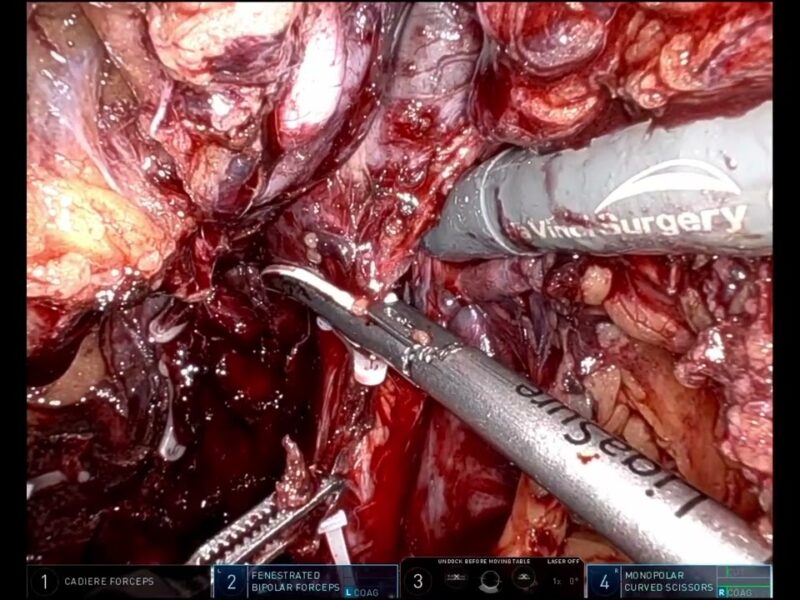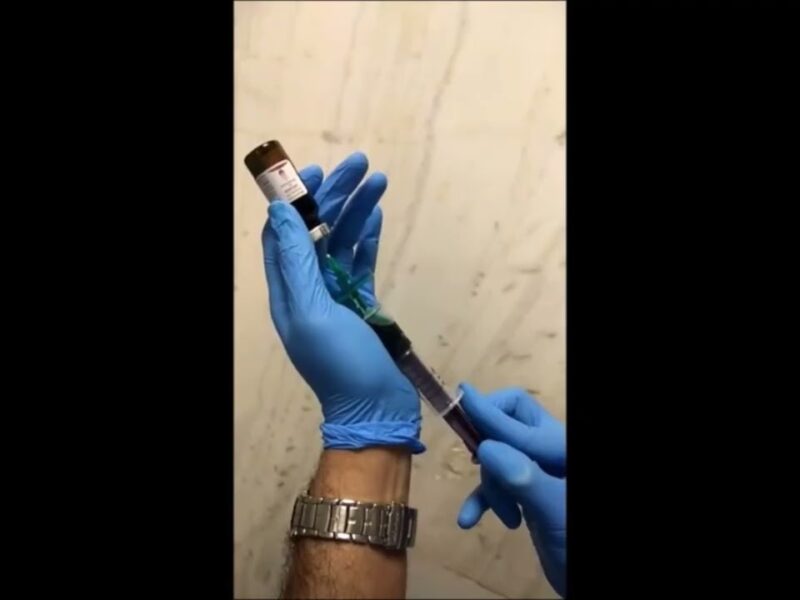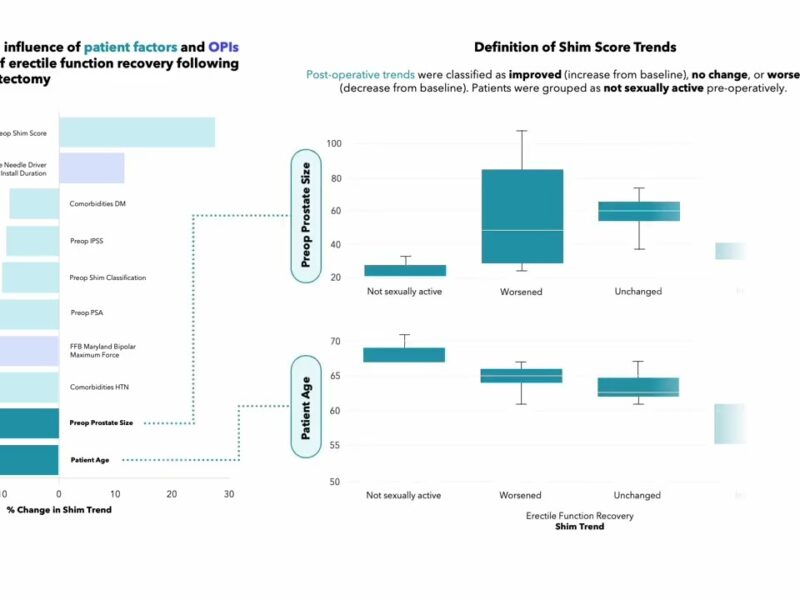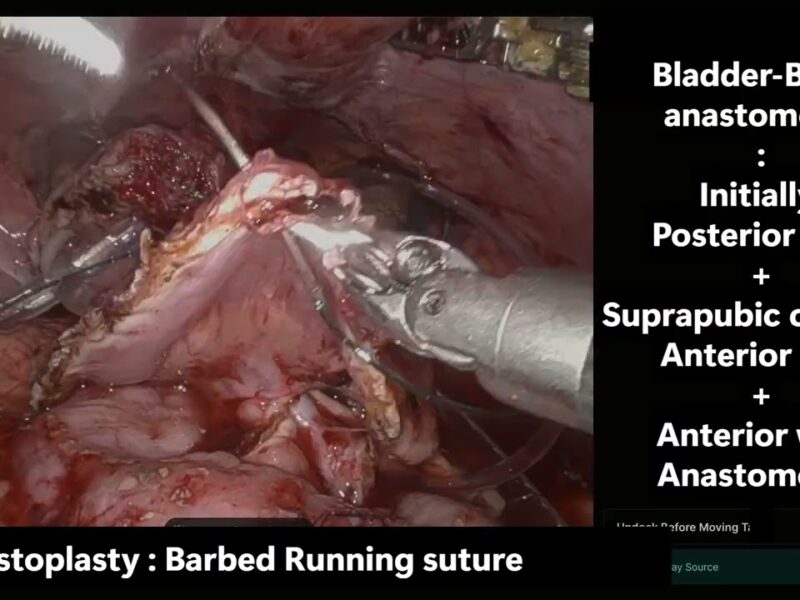PSMA Radio Guided Surgery in Primary Prostate Cancer
This video was entered by Dr. Giorgio Gandaglia in the 2022 KS International Robotic Surgery Innovation Awards, sponsored by the Vattikuti Foundation. It was featured in the Vattikuti Symposium ‘Humans on the Cutting Edge of Robotic Surgery,’ held in Miami, Florida November 19, 2022.
Full Title:
PSMA Radio-Guided Surgery to Detect Nodal Metastases in Prostate Cancer Patients Undergoing Robot-assisted Radical Prostatectomy and Extended Pelvic Lymph Node Dissection: Results of a Planned Interim Analysis of a Prospective, Phase II Study
Introduction: PSMA radio-guided surgery (RGS) could identify lymph node invasion (LNI) during robot-assisted radical prostatectomy (RARP) in prostate cancer (PCa) patients. We report the interim analyses of a phase 2, prospective study (NCT04832958) aimed at describing PSMA-RGS in cN0cM0 patients at conventional imaging with a risk of LNI greater than 5%.
Methods: Overall, 18 patients were enrolled between June 2021 and March 2022. Among those, 12 patients underwent PSMA-RGS and represented the study cohort. All patients received a 68Ga-PSMA PET/MRI. 99mTc-PSMA I&S was synthesized and administered intravenously the day before surgery followed by SPECT/CT. A Drop-In gamma probe was used for in vivo measurements. All positive lesions (count rate ≥2 compared to background) were excised and extended nodal dissection was performed. Side effects, perioperative outcomes, and accuracy of PSMA-RGS for LNI were recorded.
Results: Overall, 2 (17%) patients had nodal uptake at PSMA-PET. Median operative time, blood loss, and length of stay were 230 min, 100 ml, and 5 days. No adverse events were recorded. One patient experienced a 30-day complication (Clavien-Dindo 2; 8.3%). Overall, 3 (25%) patients had LNI at ePLND. At per-region analyses on 96 nodal areas, sensitivity, specificity, positive and negative predictive values of PSMA-RGS were 63%, 99%, 83% and 96%. On a per patient level, sensitivity, specificity, positive and negative predictive values of PSMA-RGS were 67%, 100%, 100% and 90%.
Conclusions: Robot-assisted PSMA-RGS in the primary staging is a safe and feasible procedure characterized by an excellent specificity but suboptimal sensitivity, missing micro- metastatic nodal disease
See more at: vattikutifoundation.com/videos
Date
August 15, 2020






